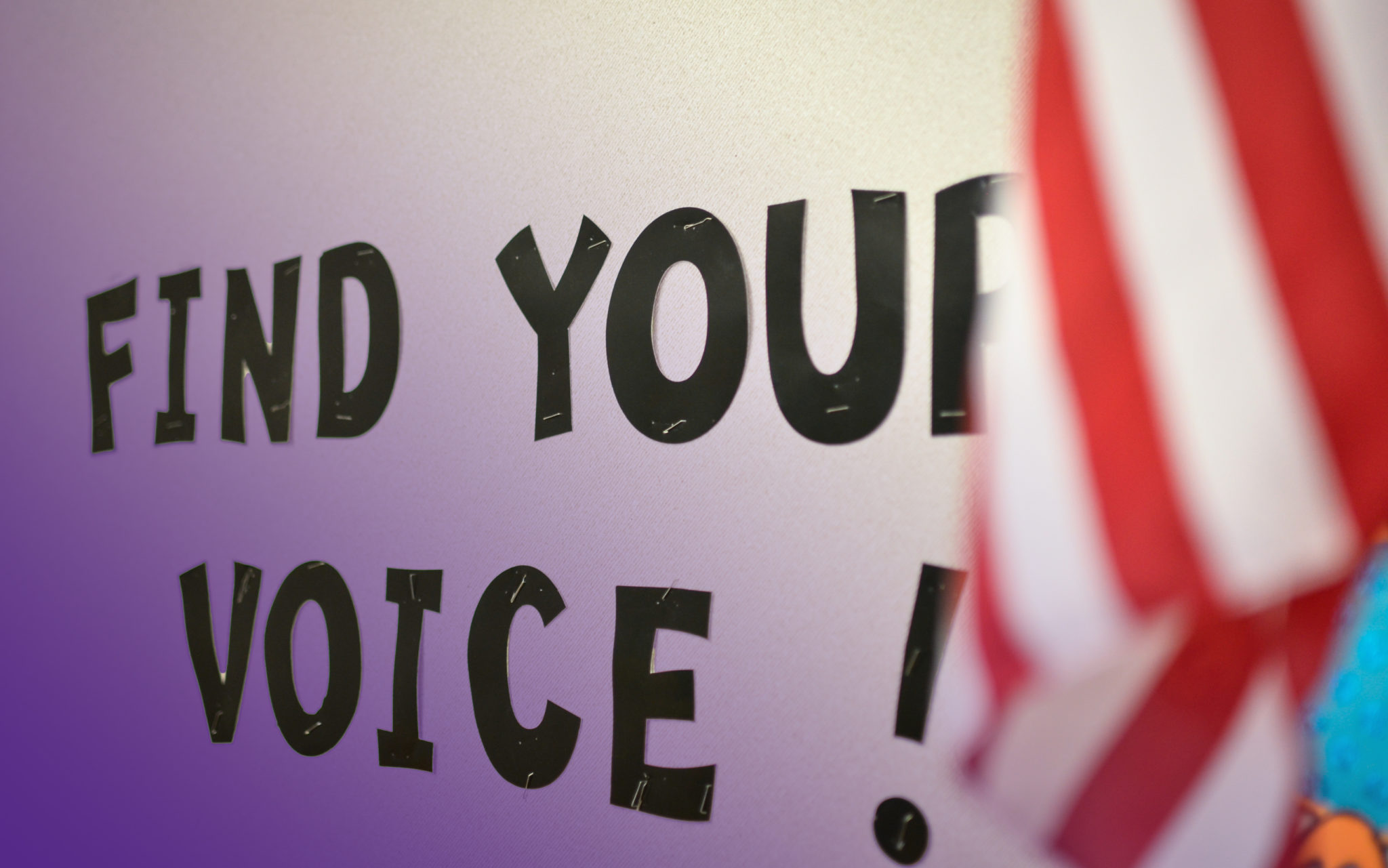
Drama Exercises that Teach Kids Invaluable Life Skills
by Melissa Nuñez, Enrichment Center Coordinator, Alma Academy
As Alma Academy’s drama teacher, I have the opportunity to explore self-expression with my students all year long. By expressing themselves through a number of creative drama activities, Rocketeers develop their imagination, artistic awareness, self-confidence, public speaking skills and the ability to work collaboratively with a group. No matter if you teach drama or more traditional classes like math and reading, these three activities can boost your students’ expressive skills.
Pantomime
Acting out imaginative, pretend scenarios during class allows students to truly connect with their peers, practice strong stage movement and, most importantly, have fun! During the pantomime lesson, students learn how to act without words. Working in pairs, students act out a variety of pretend scenarios for the rest of the class without speaking – such as two friends riding a roller coaster, where one friend is overjoyed while the other is terrified. It allowed them to focus on deliberate, exaggerated movements and facial expressions. These are necessary skills in acting for the stage because audience members must be able to read the actor’s movements and facial expressions from a distance. These are also key skills for students’ daily life, as their movements and facial expressions convey just as much (if not more than) the dialogue they speak.
Enunciation
Rocketeers also excel in the lessons that teach the importance of enunciation and vocal projection in theatre and how it applies to their everyday life. We practice enunciating, or saying words clearly, by coming up to the front of the class and reciting a tongue twister three times. Some students who may struggle on the first attempt eventually figure out how to slow down and concentrate on the sounds. Once they slow down and open their mouths a little wider, the words naturally come out with clarity. Some of the students favorite tongue twisters are:
Sally sold seashells by the seashore
Mrs. Smith’s fish sauce shop
Three free throws
Toy boat
The more they practice speaking slowly and clearly, the better they will be at communicating their ideas in class, at home and in their community.
Vocal Projection
In the vocal projection lesson, we place a doll (Rapunzel) in three different locations in the classroom. First the doll is placed at a close distance from the student. Next, she’s a little farther away and lastly, she’s at the back of the classroom. Each student asks Rapunzel the question, “Do you need help?” understanding that they have to project their voices and increase their speaking volume each time the doll is placed farther away from them. We teach our students that when addressing the class, their speaking voice should be “loud and proud.” We hope this gives them the confidence to speak up and share their voices in every aspect of their lives, because their ideas deserve to be heard.
I am looking forward to the rest of the school year as we continue building our students’ communication, creative expression and teamwork skills. Next up, we’ll begin working closely with scripted performances! The best part of teaching drama is watching the kids have so much fun with the lessons and knowing they are learning so many invaluable skills.
Share your ideas for nurturing kids’ creativity and confidence ➟ @RocketshipEd
Melissa came to Rocketship in 2015 school year after deciding she no longer wished to continue her legal career and instead wanted purse one in education. She has always been passionate about educating and mentoring youth. She has experience as a 4th grade academic coach where she utilized educational software to help improve reading and math skills. She also had the opportunity to serve as a student instructor where she taught the fundamentals of law and the justice system to high school students on probation, who were at risk of returning to the juvenile court system. Rocketship Alma Academy appealed to her because she believes the Rocketship model helps students realize and achieve their full academic potential. Melissa lives in San Jose with her husband and two children.
Published on November 12, 2015
Read more stories about: Most Popular Stories, Teacher Experience.


